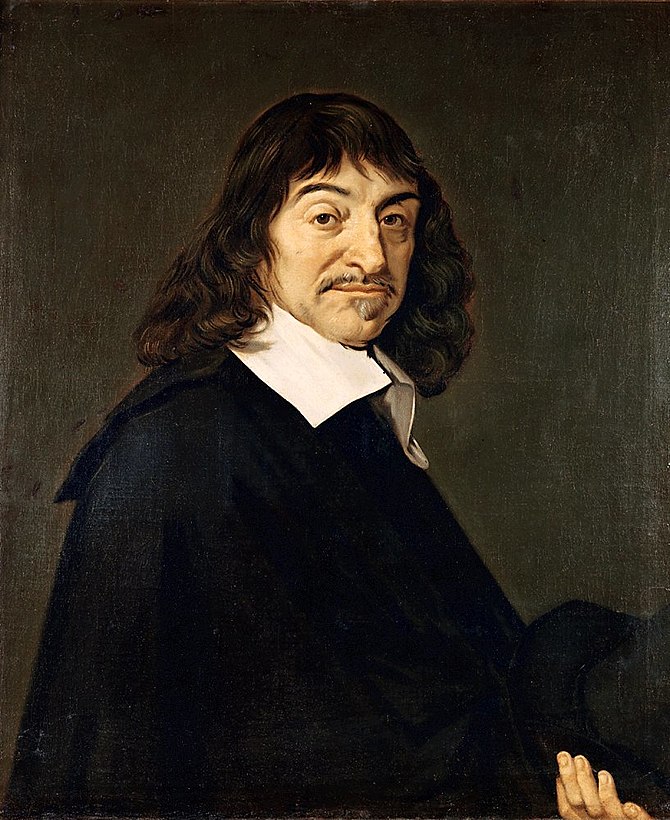
Three things we don’t like, all beginning with u: uncertainty, unsolved problems, and urgency. Combine the three and we’re likely to encounter another u word: uncomfortable. Actually, uncomfortable is putting it mildly. Our discomfort with the triumvirate of uncertainty, unsolved problems, and urgency is so strong we will go to great, sometimes absurd, lengths to avoid experiencing or even acknowledging it.
That’s…unfortunate. For at least two reasons.
First, in our haste to return to the illusory state of certainty, we tend to do things like jump to conclusions, accept the first answer or explanation that comes to mind (consistent with our preexisting beliefs), make a mess by acting prematurely, or immobilize ourselves in endless rounds of rumination. Rumination feels like problem-solving but it’s the opposite.
Second, by refusing to let ourselves experience—and appreciate—the discomfort that accompanies uncertainty, unsolved problems, and urgency, we deny ourselves another experience: the pure joy of the aha! moment when a solution presents itself. It may take a while, but suddenly what was murky and inchoate becomes bright and clear. The path ahead becomes obvious. I say the solution “presents itself” because although we tend to take credit for coming up with the brilliant idea or flash of insight, the part of our brain we identify with had little to do with it. It’s the unconscious that figured it out and then clued us in.
One of the reasons waiting it out while the unconscious does its thing makes us squirm is that we have no control over the process. It isn’t going to occur by the force of our will or on our timetable. When we try to make it happen we usually just end up getting in our own way and muddling the process.
Something that’s helped me develop an appreciation for—if not a wholehearted embrace of—uncertainty and the other u states is recognizing the times when I’m unclear or don’t have enough information. No matter how desperately I might want to act, if I’m not sure which action to take, I wait until the next thing to do becomes apparent.
That still makes me uncomfortable, and certainly no one would describe me as a patient person. But I’ve had enough of these experiences that I’ve come to expect an answer or a solution to show up. A pattern will be seen. Dots will be connected. I’ve learned to trust the unconscious part of my brain in these situations even though I can’t observe what it’s doing.
I’m learning to give credit where credit is due. After all, the hamster with the rudder (the conscious part of my brain) would go nowhere at all without the hamster on the wheel (the unconscious part of my brain).
It isn’t easy, but rather than trying to get back to comfortable and certain as quickly as possible, we can develop a tolerance for the discomfort. We can even learn to appreciate the uncertainty, the knottiness of an unsolved problem, and the urgency of the situation. Whatever is on the other side of our current distress is unimaginable to us now, but it could be amazing—even awesome. Why take the chance of missing out on something awesome just to avoid feeling a little uncomfortable?





